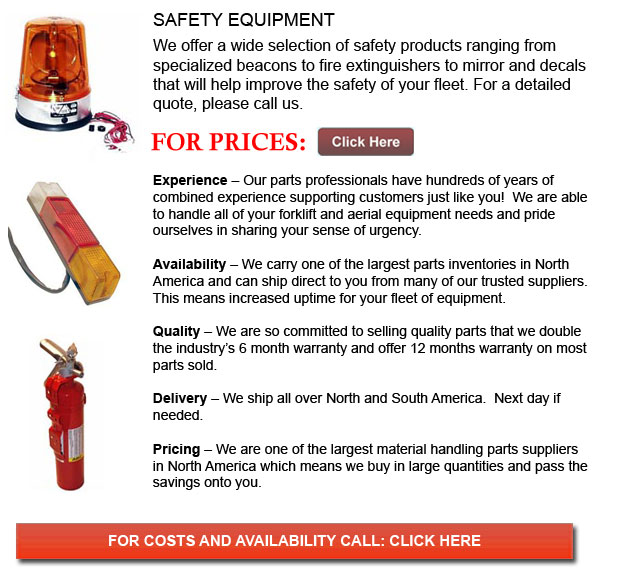
In several warehouse, agricultural and manufacturing industries and operations which utilized powered forklifts or lift trucks often within the workplace. These industrial powered forklifts could be utilized to be able to raise and lower items in addition to transport things which are either stored in pallets or containers to other places on the property or ship merchandise to different areas. These industrial machinery help to enhance productivity at the job location by lessening the requirement for excessive manual handling of items by employees. According to the National Institute for Occupational Safety and Health, there are more or less 20,000 severe injuries each and every year in America and approximately one hundred fatalities due to the result of forklift incidents.
There are different kinds of lift trucks which have different load capacities. These models differ for specific maximum weight and forward center of gravity where a load is concerned. Employee injuries frequently occur as a result from crushing incidents, collision with pedestrians, fall from the forklift or forklift overturn. Operator falls can take place as the worker descends or ascends into the driver cab or becomes ejected from the machine in the event of an incident or a collision. Lift trucks could overturn because of being overloaded, or having an unequal center or gravity of the cargo or traveling over an uneven surface that can cause the vehicle to topple over. It is important for other co-workers to observe strict preventive policies if working in close proximity with the forklift. Without sufficient safety measures, pedestrian co-workers are at risk from accidents or collisions connected with an unsafe load.
In relation to forklift maintenance, operation and training, there are strict standards and training to be observed. For instance, those who are under eighteen years old and are in non-agricultural industries are allowable to not work a forklift truck. It is required that all lift truck operators must have undergone both practical and theoretical training before commencing forklift operation and they are also required to take refresher courses.
The "American National Standard for Powered Industrial Trucks, ANSI B56.1-1969 are the standards that all powered industrial trucks need to follow. The particular OSHA standards which employees as well as employers have to adhere to as stated in the General Industry Standards comprise 1910.178 "Powered industrial trucks", and standards for Marine Terminals 29 CFR 1917 Subpart C, "Cargo handling gear and equipment" and Long shoring 29 CFR 1918 Subpart G, "Cargo handling gear and equipment other than ship's gear.
There are various other regulations and directives that are essential for employers to know. The NIOSH and OSHA both comprehensively outline regulations or signpost employees and employers to all regulations which apply.
![]() Click to Download the pdf
Click to Download the pdf
Forklift Parts
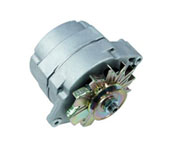
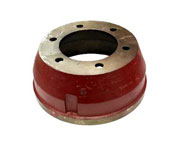
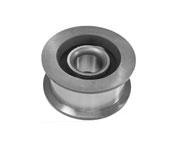

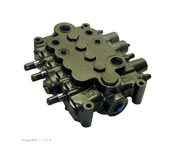
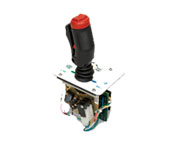
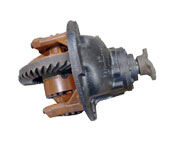
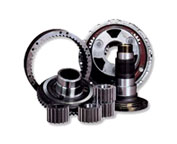
Parts Express
TOLL FREE: 1-888-695-7994
forkliftpartscalifornia.com
Email Us
About Us


